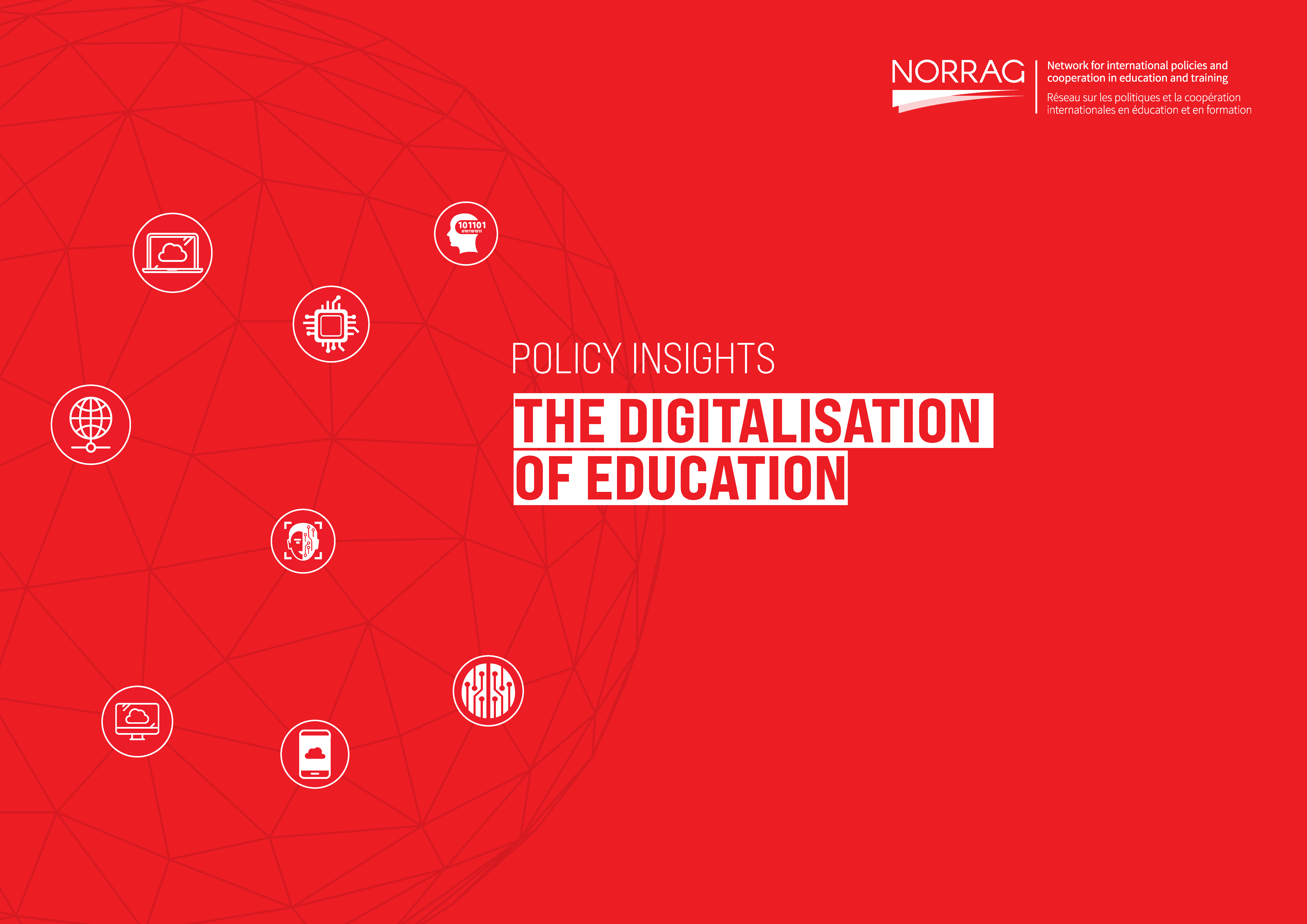Metrics and International Education Policy
In this blog, which is part of the Digitalisation series, Sotira Grek explores the role that metrics have come to play in education governance and in leading the policy focus on the aspects of education that can be easily measured, which represents a challenge for democratic participation in education decision-making. This text has first been published in NORRAG’s “Policy Insights” on the “Digitalisation of Education”.
The governance of education is rapidly changing. “Super-wicked” problems, enduring inequalities, diverse actors and overlapping agendas have led to increasing complexity and uncertainty about national and global responses to educational crises. One approach to this growing complexity has been a focus on increasing the amount and quality of statistical knowledge that diverse national and international, state and non-state actors produce to coordinate and ignite action. Indeed, since the middle of the 20th century, despite a multiplicity of actors, crises and fields of action, international education policy has known one constant: the ubiquity of metrics in attempts to produce knowledge to govern it.
These measurements (such as school league tables or world university rankings) have become proxies for countries’ education performance and even their future economic prosperity. They have also become the means by which different entities – multilateral and bilateral funding organisations, non-governmental and philanthropic organisations, and countries themselves – set priorities about education and development investments, and make policy decisions.
This prominence of metrics and quantification as “technologies of government” in international education policy is visible not only in their expansion into new spaces but also in the political effects they achieve. As they function to frame issues, link policy instruments and connect diverse actors, metrics have become, in fact, the central venue for education “policy work”. As such, their production is central to understanding and improving education governance domestically and internationally.
Two prominent examples of the role and significance of metrics in education are the Organisation for Economic Cooperation and Development’s (OECD) Programme for International Student Assessment (PISA) and the introduction of the Sustainable Development Goal 4 (SDG4) on quality and equity in education globally. On the one hand, PISA, by ranking the education performance of different nations, became instrumental in fundamental policy changes in several European nations and beyond: with its focus on decontextualising education and measuring what 15-year-olds “can do” with the knowledge they gain at school, it radically shifted both the discourse and policy direction of contemporary education systems globally.
On the other hand, SDG4, despite its emphasis on participation and inclusivity of diverse educational voices, is in essence a monitoring exercise: SDG4 involves collecting statistical data on a range of education issues and also transforming the technical spaces of data production into the supposed democratic venues where future policy directions are decided. This is due to the SDGs’ broader remit and commitment to be “country-led”, rather than decided upon by international organisations and powerful countries only (one of the critiques made of the Millennium Development Goals).
The SDGs’ concept of “country ownership” has therefore had important implications on widening the legitimacy, acceptability and thus political momentum of the project, with significant effects in a number of policy areas, including education, especially in countries of the Global South. These developments simultaneously politicise numbers and advance an approach to education as a technical problem, which is already having real impacts on what is funded, what receives attention and how countries – especially those with limited available resources – prioritise national policies. This is a challenge for democratic participation in education decision-making and has led to a policy focus on the aspects of education that can be easily measured. In contrast, it has diminished our focus on education’s immeasurable – and yet highly valuable – contribution to human and social flourishing.
About the Author
Sotiria Grek is Professor in European and Global Education Governance at the University of Edinburgh School of Social and Political Science.

